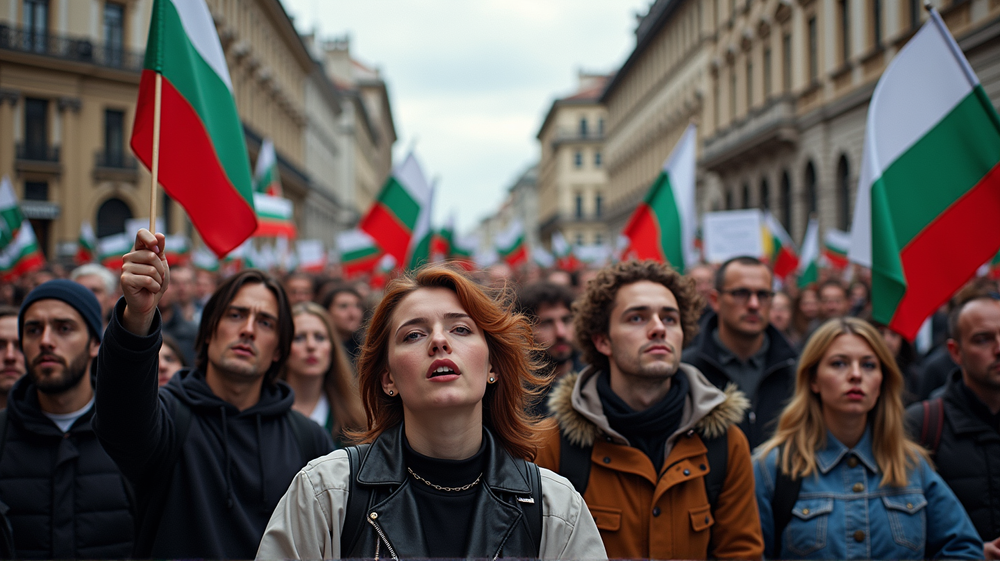Protests Erupt Over Bulgaria's Mayor Arrest Amidst Claims of Judicial Manipulation
The Spark of Discontent
In the vibrant streets of Varna, Bulgaria, a wave of protests has risen, ignited by the arrest of the city’s pro-European Union mayor, Blagomir Kotsev. Thousands of voices united not just to decry this one arrest but to challenge an increasingly perceived authoritarian grip on Bulgaria’s justice system. “My desire for justice brings me here,” declares Berkay, a young participant whose voice echoes the collective unrest of a nation weary of political maneuvering.
Democracy Under Threat
The heart of the matter lies in allegations that the judicial arrests serve the political interests of those in power, namely the ruling conservative party, GERB. According to protesters and experts alike, this event is emblematic of a larger struggle within Bulgarian democracy, where justice is seen as a pawn in a broader game of power and control. “This is not just an isolated incident,” one demonstrator notes; it’s a reflection of a deeply rooted issue that gnaws at the foundations of Bulgaria’s democratic promise.
A Larger Political Chessboard
Kotsev’s arrest appears entangled in the intricate web of Bulgarian politics, with ties stretching to pivotal players like former Prime Minister Boyko Borissov and media mogul Delyan Peevski. The accusation stems largely from businesswoman Plamenka Dimitrova’s claims, who is allegedly close to the ruling party. While these are dismissed as politically motivated, they resonate amidst a backdrop of long-standing corruption allegations.
Weaponizing the Judiciary
Kotsev’s party and their allies argue the arrest is a stratagem by Bulgaria’s prosecutor general, Borislav Sarafov. It’s alleged that his directives serve as guardians of conservative interests, shielding them from the accountability demanded by an aggrieved public. This has become a narrative of resistance against an oligarchic system believed to stifle opposition voices, echoing a call for true judicial independence.
Silence from Brussels
While the unrest swells, the response—or lack thereof—from the European Union draws ire. Protesters question the alliance between EU leaders like Ursula von der Leyen and Bulgaria’s GERB, suggesting political allegiances silence the condemnation expected from the EU. In the words of a protester, “Boyko’s regime is nothing without Europe’s money,” emphasizing the belief that Bulgaria’s political arena is unduly influenced by its European benefactors.
A Will for Change
Echoing through the streets of Varna and beyond is the resolute belief in transformation. “One day, when we become parents,” says Berkay, “we want to be proud of the Bulgaria we leave to our children.” This sentiment encapsulates the spirit of the protests—an unyielding stand for justice and democracy, hoping to reshape Bulgaria’s future, one voice at a time.
According to DW, the events unfolding in Bulgaria underscore a significant moment in the region’s modern political history, captivating observers and activists worldwide.




